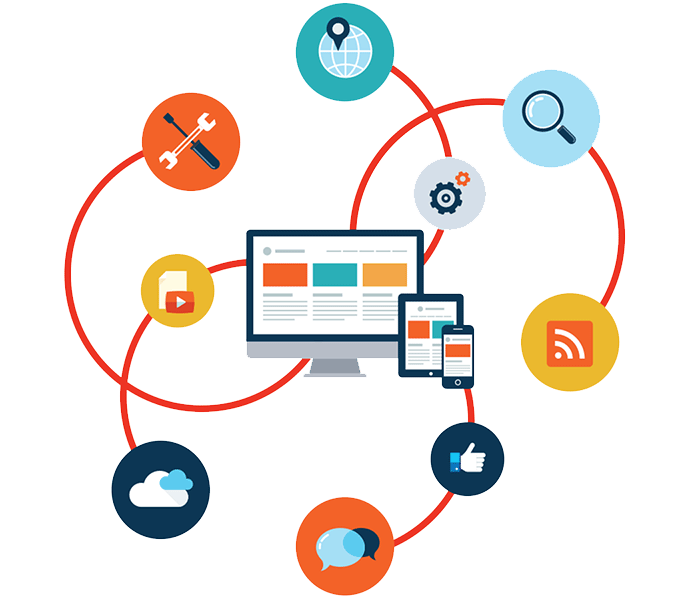The Rise of Generative AI in Legal Workflows
Ever since its appearance on the market, generative AI in law has transformed the legal sphere of Canada in a drastic way. As found by Thomson Reuters in 2025, the application of GenAI in the field of law increased by more than twice by the year 2024, and the trends show no signs of slowing down. This year is expected to experience another increase in adoption within the double-digit growth range.
Whether it’s AI in legal research or litigation support, GenAI tools are rapidly becoming essential to law firms seeking to increase efficiency, remain competitive, and meet the expectations of an evolving client base. In fact, nearly half of surveyed lawyers noted that they would like to incorporate AI into their workflows over the next 12 months.
However, despite this enthusiasm, a large gap remains: 59% of companies applying GenAI do not measure the ROI of legal AI tools, and 21% are unsure whether they are measuring it correctly. This highlights a significant strategic challenge — firms are investing in AI without clear metrics to determine its success.
Measuring ROI: More Than Just Time Saved
Although traditional ROI indicators such as profit per equity partner (PEP) are still relevant, they’re too slow to reflect the impact of emerging legal technology in Canada. Law firms are now considering new metrics such as user adoption, time saved, and workflow improvements. For instance, with GenAI, attorneys can now construct litigation timelines more accurately and efficiently. Yet, this faster turnaround may reduce billable hours—unless firms pivot to a more sustainable fixed-fee pricing model. That’s where true transformation lies: not just adopting tech, but rethinking entire processes around it. In an interview with Thomson Reuters, Steve Assie emphasized that the most successful outcomes occur when AI implementation is paired with broader business model changes, like shifting to advisory-focused services or fixed pricing.
Varying Strategies Among Law Firms
The size and structure of a law firm significantly influence how AI is deployed. Large firms involved in complex criminal or corporate litigation may leverage AI in law firm operations to enhance precision and tailor services. Meanwhile, mid-sized firms benefit directly from GenAI’s efficiency, especially those embracing fixed-price bidding.
However, most firms still struggle to measure AI’s effectiveness. Some rely on internal feedback surveys or A/B testing to compare AI-driven results with traditional outcomes. Yet these strategies demand time, data, and administrative resources — luxuries that smaller firms often lack.

Client Trust and the Challenge of Data Privacy
One major hurdle to full-scale AI adoption in Canadian firms is client trust, especially regarding data privacy. The nature of legal work involves highly sensitive data, and many corporations hesitate to involve AI due to concerns about cross-border storage and compliance. Several GenAI platforms operate primarily out of the U.S., raising doubts over adherence to Canadian privacy laws.
To maintain client trust in legal AI, Canadian firms must strike a balance between innovation and caution. Transparency about how client data is managed, processed, and stored is key to overcoming skepticism.
The Future of the Billable Hour
GenAI’s most disruptive impact may be its challenge to the traditional billable hour and AI. If AI can drastically reduce the time needed to complete legal tasks, hourly billing might no longer accurately reflect the value provided. As Steve Assie notes, time spent may soon be seen as a mark of inefficiency in the AI age.
Though the billable hour remains dominant in Canada, change may be on the horizon. Firms may increasingly turn to flat fees for routine AI-supported tasks while reserving hourly rates for complex work that cannot yet be handled by automation.

Empowering Canadian Law Firms with AI: Meet Case Polaris
As the Canadian legal industry adapts to this GenAI wave, tools like Case Polaris are leading the charge in empowering law firms of all sizes. Developed by Ontario-based startup Data Function Inc., Case Polaris combines AI in Canadian legal industry expertise with secure, end-to-end encrypted architecture to offer cutting-edge legal research capabilities.
From interactive AI conversations and document upload & analysis to auto-generated case summarization and an expansive legal library, Case Polaris delivers precision and efficiency. Tailored for solo practitioners and mid-sized firms, it features powerful filtering, contextual prioritization, and affordable subscription tiers — all with Canadian privacy compliance at the core. With Case Polaris, the future of legal tech in Canada isn’t just coming — it’s already here.
Source: Law Times







